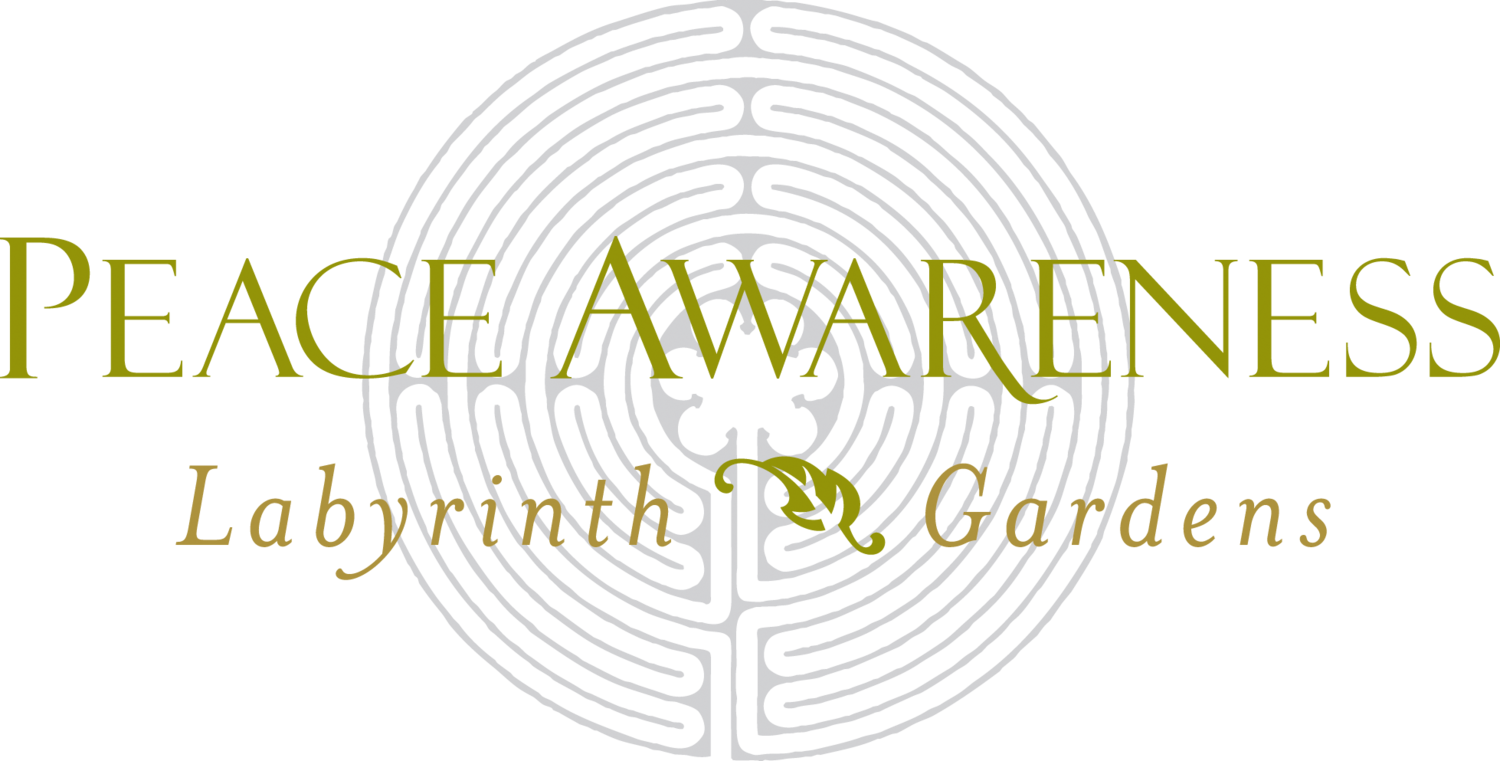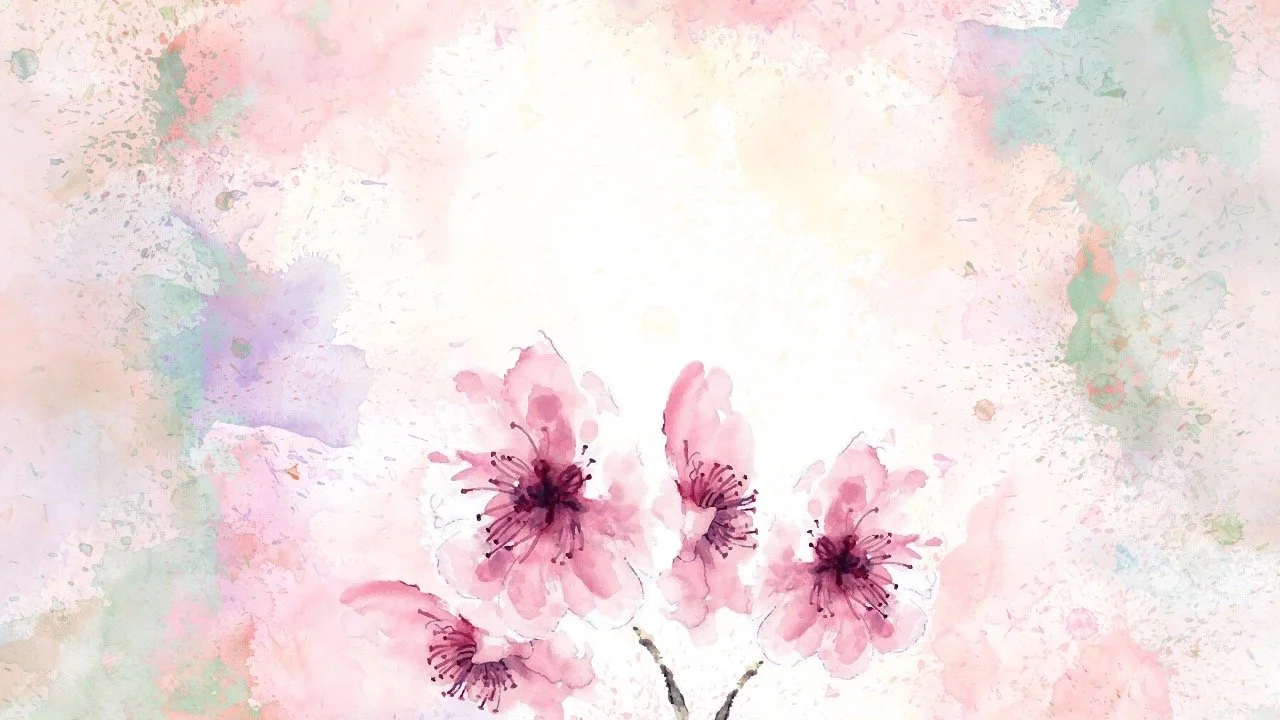Start the New Year with a new, creative class - the Spontaneous Self!
Humor, improvisation, spontaneity, laughter, comedy. We will cover it all. However, improvisation is not only about comedy or being funny, nor is it simply an approach to acting. While those are two specific types of improvisation, improv is what we do when our minds are free of constraints and we are present. In other words, when we are truly being ourselves. It's a joyful and creative way of life.
Pretty much every conversation we have is improv. If it is not preplanned, we are making it up in the moment. A good improviser is someone who is awake, is moved by a desire to do something useful and to give something back, and who acts upon this impulse. In relationships, it is honoring the other.
According to the philosopher Martin Buber, human beings may adopt two attitudes toward the world: I-Thou or I-It. I-Thou is a relationship of intimacy, caring, and respect, while I-It is a relationship of separateness and detachment. In the Spontaneous Self, we learn to engage in I-Thou.
Charles Darwin recognized the value of this when he wrote, “In the long history of humankind (and animal-kind, too) those who learned to collaborate and improvise most effectively have prevailed.” Yet, while being spontaneous is innate to who we are, most of us don’t consider ourselves to be improvisers. In this era of disruption and uncertainty, many of us doubt our ability to respond spontaneously, yet living from the spontaneous self is the perfect antidote to such hesitancy and the times we live in.
Improvising invites us to lighten up and expand. It offers an alternative to the controlling way many of us try to lead our lives. It's where we cooperate and are helpful rather than being contracted and defensive. It offers us a chance to do things differently. In these current times, we have greatly underestimated humor and spontaneity's potential to transform our work and life. It's time for a change!
All classes are recorded and can be accessed live, or viewed later at your own pace for at least a year after you register.
Mondays 5 - 7 pm PT, starting January 3:
Course Curriculum:
Week One: Three Myths of Laughter
Week Two: Leading with Humor
Week Three: Listening
Week Four: A New Virtuosity
Week Five: Energy Independence
Week Six: Waking Up to the Gifts
Week Seven: Staying on Course
Week Eight: Saying Yes
Facilitated by Paul Kaye
Living on planet Earth can be an art based upon a scientific premise.
The art is to approach life as a spontaneous experience.
Part of the scientific premise is that you validate your experience.John-Roger, DSS

